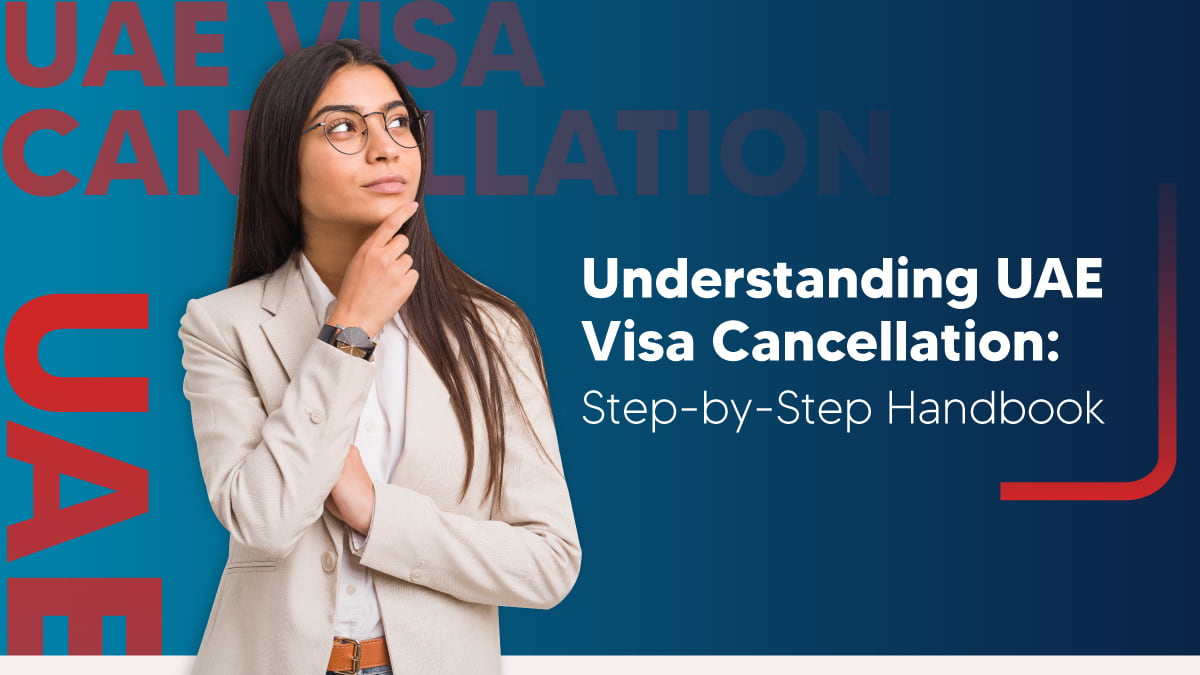The United Arab Emirates (UAE) is a vibrant and diverse country, attracting people from all corners of the globe for employment and residency opportunities. If you’re considering working or residing in the UAE, understanding the nuances between different types of visas is crucial. Two common categories that are often confused are employment visas and residence visas. In this blog, we will delve into the differences between these two types of visas, shedding light on their purposes, application processes, and privileges. In this blog, Shuraa Business Setup will guide you through the difference between employment visa and residence visa in UAE.
Employment Visa
An employment visa in the UAE is a legal document that permits an individual to work for a specific company. Here are the critical aspects of an employment visa:
- Sponsorship: An employment visa is sponsored by the employer, meaning the company you work for is responsible for obtaining and managing your visa.
- Validity: Employment visas in the UAE are typically issued for a specific job and are valid for a limited period, often tied to the duration of the employment contract.
- Renewal: Employment visas can be renewed if you remain employed by the sponsoring company and meet the renewal requirements.
- Responsibilities: As a visa holder, you must work for the sponsoring employer and adhere to UAE labour laws and regulations.
Residence Visa
On the other hand, a residence visa allows an individual to reside in the UAE long-term, independent of employment. Here’s what you need to know about residence visas:
- Sponsorship: Residence visas can be sponsored by a UAE resident, such as a family member or friend. It can also be obtained through property ownership, retirement, or investment in the country.
- Validity: Residence visas are generally issued for longer durations, such as two or more years, and can be renewed if the sponsor and the visa holder meet the renewal criteria.
- Privileges: Holders of residence visas enjoy various privileges, including the ability to open bank accounts, obtain a driver’s license, and enrol in educational institutions.
- No Employment Restriction: Unlike employment visas, residence visas do not tie you to a specific job or employer. You can work for any employer or engage in business activities.
Application Process
The application processes for employment and residence visas involve several steps, including medical examinations, security checks, and paperwork verification. It’s essential to work closely with your employer or sponsor and adhere to the guidelines provided by the UAE immigration authorities to ensure a smooth application process.
Navigating Work Permits and Residence Permits with Ease
Certainly, here are the rewritten points to highlight the distinctions between a work visa and a UAE residence permit:
1. Work Visa in UAE:
- Enables an individual to work for a specific company in the UAE.
- Issued by the Ministry of Human Resources and Emiratisation (MOHRE).
- Sponsored by the employer, allowing the employee to engage in work-related activities.
- Provides a grace period of one month in case of termination or cancellation, during which the individual can explore other employment opportunities.
2. UAE Residence Permit:
- Permits a foreign citizen to reside in the UAE.
- Issued by the General Directorate of Residency Foreign Affairs (GDRFA).
- Not tied to a specific job or employer, offering more flexibility in terms of employment.
- Can be obtained through various sponsorship options, such as family, property ownership, or retirement.
3. Authority Issuing Visas:
- Work visas are issued by the Ministry of Human Resources and Emiratisation (MOHRE), focusing on employment-related permissions.
- Residence permits, on the other hand, are issued by the General Directorate of Residency Foreign Affairs (GDRFA), emphasizing the right to reside in the UAE.
4. Grace Period and Transition:
- Employer-sponsored work visas provide a grace period of one month, allowing individuals to explore alternative employment or residence options after visa cancellation or termination.
- In the event of work visa cancellation, individuals can transition to a resident visa within the one-month grace period, enabling them to stay in the UAE under different sponsorship categories.
5. Flexibility and Purpose:
- Work visas are specific to the job and employer, restricting the holder to employment-related activities.
- Residence permits offer greater freedom, enabling individuals to live in the UAE for various purposes, such as education, retirement, or property ownership, without being job dependent.
Understanding these differences is crucial for individuals seeking employment or residency in the UAE, as it allows them to make informed decisions based on their specific needs and circumstances.
Difference between employment visa and residence visa in UAE
Certainly, here is a simplified table outlining the key differences between different types of employment visa and residence visa in UAE:
| Visa Type | Sponsorship | Validity | Renewal | Work Restrictions | Other Privileges |
| Employment Visa | Sponsored by Employer | Typically tied to job duration | Renewable with employment | Tied to specific job and employer | Limited to employment-related activities |
| Investor Visa | Sponsored by Investor/Company | 2 years, renewable | Renewable with continued investment | Can work for the investing company | Business ownership and investment opportunities |
| Family Sponsorship Visa | Sponsored by a UAE Resident | Usually 2 years, renewable | Renewable with valid sponsorship | Not tied to specific employment | Access to healthcare, education, and other public services |
| Property Owner Visa | Sponsored by Property Owner | 2-5 years, renewable | Renewable upon property ownership | Can work for any employer | Property ownership and real estate investment opportunities |
Understanding the distinctions between employment visas and residence visa in UAE is crucial for individuals planning to live and work there. While employment visas are job-specific and tied to a particular employer, residence visas offer more flexibility, allowing individuals to live in the UAE for an extended period, engage in various activities, and enjoy the country’s diverse opportunities.
Whether pursuing a career or seeking a new chapter in the UAE, knowing the differences between these visa types will empower you to make informed decisions and navigate the complex immigration process more effectively. Connect with our knowledgeable Shuraa Business Setup experts, ready to assist you in navigating the visa application process. Contact us today by calling +971 44081900, messaging us on WhatsApp at +971 50 7775554, or emailing us at [email protected]. We’re here to help you every step of the way!














